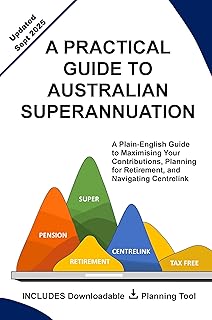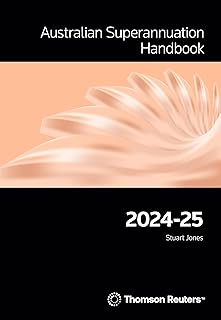The Australian Tax Office (ATO) recently disclosed that it had concluded 23,600 super guarantee cases in the 2023–24 fiscal year, resulting in a total of $659 million in super guarantee charge liabilities. This figure underscores the ongoing issue of employers failing to meet their superannuation obligations.
According to the ATO’s annual compliance report on superannuation guarantee, it was found that employers were meeting 92.4% of their super guarantee requirements without ATO intervention. However, this percentage was slightly lower compared to the previous financial year, indicating a concerning trend.
In the 2023–24 income year, the ATO collected approximately $659 million in super guarantee charge liabilities, excluding interest, and imposed $300 million in part 7 penalties. This emphasizes the significant financial impact of non-compliance with superannuation obligations on both employers and employees.
The compliance results also revealed a rise in the total super guarantee charge debt, which reached $2.15 billion by the end of June 2024, up from $2.02 billion the previous year. This escalation indicates a persistent challenge in ensuring that employers fulfill their superannuation responsibilities.
Furthermore, the ATO experienced a surge in employee referrals related to unpaid super, receiving 28,100 referrals in the 2023–24 income year compared to 23,300 in the previous year. This growing trend highlights the importance of employee vigilance in reporting non-compliance.
Moreover, the ATO intensified its enforcement efforts by completing 23,600 cases in the 2023–24 financial year, a substantial increase from the 14,000 cases resolved in the preceding year. This heightened activity reflects the ATO’s commitment to addressing unpaid tax debts and superannuation issues.
The ATO’s issuance of 8,710 director penalty notices (DPNs) for unpaid super across 6,500 companies signifies a more aggressive stance on non-compliance. This marked increase in DPNs compared to the previous year demonstrates the ATO’s determination to hold businesses accountable for their superannuation obligations.
Businesses that fail to engage with the ATO and neglect to address outstanding GST, PAYG withholding, or employee super amounts may face swift enforcement actions, including DPNs and garnishees. The ATO’s revised compliance approach aims to target non-compliant entities more decisively, emphasizing the importance of timely resolution of outstanding obligations.
In conclusion, the ATO’s stringent measures underscore the critical importance of upholding superannuation obligations to safeguard employees’ financial future and ensure a fair and equitable working environment for all stakeholders.
📰 Related Articles
- Scarborough Teens Face Charges After Moose Collision Reveals Drugs
- ATO Warns Dental Practitioners: Super Claims Must Meet Criteria
- eBay Report Reveals Fall 2025 Luxury Fashion Trends
- abrdn UK Smaller Companies Growth Trust Reveals NAVs Transparency
- abrdn Holdings Reveals NAVs, Enhancing Investor Insights




